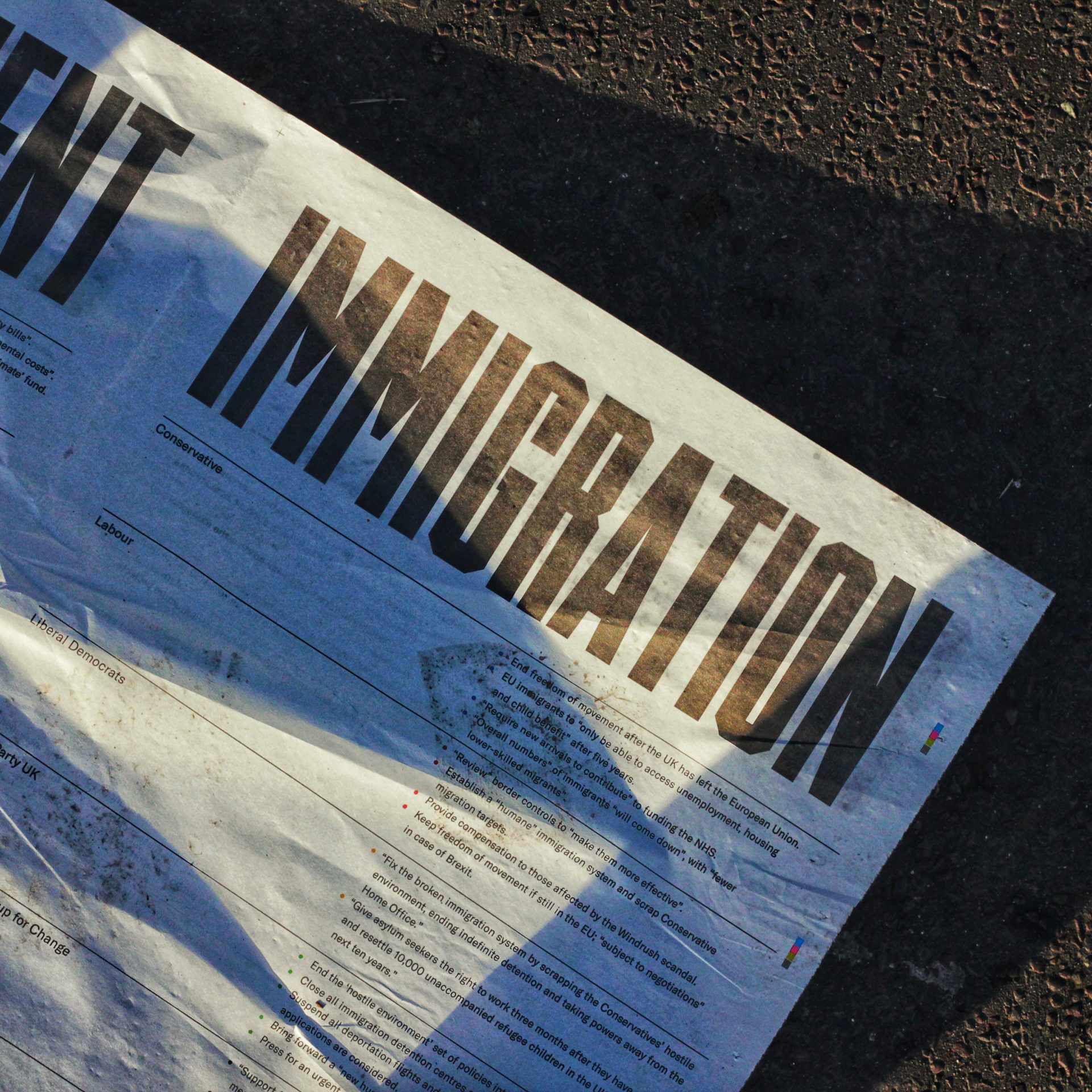
Having a plan, even with flaws, is better in public opinion terms than appearing to have no plan at all.
A snap reactions poll to the policy announcement in April found that just under half (47 per cent) of the public supported the Rwanda asylum plan, compared to 26 per cent who opposed.
Article first published in Inews on 13th June
The Rwanda asylum plan has been one of the more eye-catching and controversial policies proposed by this government in recent memory, offered up as a solution to an increase in migrants crossing the English Channel in small boats, often in treacherous conditions with sometimes tragic consequences.
Enacting the policy has also been littered with obstacles, and as the first flight to Rwanda is due to take place this week, campaigners and protestors have launched appeals to keep the plane on the ground. Legal challenges around individual cases also means that, in any case, the flight will be considerably less full than originally thought.
Opinion and commentary around the plan has been mixed. The Government’s aim was that the plan would act as enough of a deterrent to drastically reduce the number of small boats making the journey across the Channel and also crack down on the illegal people smuggling gangs profiteering from those desperately fleeing persecution.
Some argued that reported reductions in migrant crossings implied that the plan was working, but others felt, perhaps cynically, that the policy allowed for an appearance of a tough stance on migration, appealing to the Conservatives, while being eye-catching enough to act as a distraction from the ongoing Partygate scandal. Even Prince Charles has reportedly been critical of the policy.
But what about the public? A snap reactions poll to the policy announcement in April found that just under half (47 per cent) of the public supported the Rwanda asylum plan, compared to 26 per cent who opposed. We also found that 48 per cent thought it would be effective in deterring people smugglers from trying to get asylum seekers, refugees and migrants into the UK, although 40 per cent disagreed and thought the plan would be ineffective.
When we repeated the question about 10 days later, and after more details about the policy had been circulated, we found slightly reduced levels of support; this time, 41 per cent, down seven percentage points, while 28 per cent opposed it. Support for the policy appeared to come from Conservative quarters, though, where 60 per cent of those who voted Conservative in 2019 backed it, compared to just a quarter of Labour (26 per cent) and Liberal Democrat (23 per cent) voters.
However, despite the overall, albeit slim, net support, the polling also tells us that the public see flaws in the Rwanda scheme. Sixty-seven per cent of people say that it’s likely that most of the migrants who end up in Rwanda will attempt to leave and return to Europe, and only 44 per cent say that most of those migrants will end up living in acceptable conditions in Rwanda.
Similarly, a significant 42 per cent say that it’s unlikely that the plan will drastically reduce the numbers of migrants arriving in the UK by small boats across the Channel, and a similar proportion (41 per cent) say that it’s unlikely to reduce the amount of money spent by the UK in dealing with such issues. And, perhaps more crucial than ever given the hurdles the policy is facing before a flight to Rwanda has even departed, 47 per cent of people say that the policy represents bad value for money to the UK taxpayer, including 36 per cent of Conservative voters.
The polling therefore implies that the policy has had the impact on perceptions that the Government’s critics thought it may; that the plan will not necessarily stop migrants trying to cross the channel and that the cost of the plan does not present value for money. However, on the Government’s side, the proposal does have net support, and therefore it seems that having a plan, even with flaws, is better in public opinion terms than appearing to have no plan at all.





